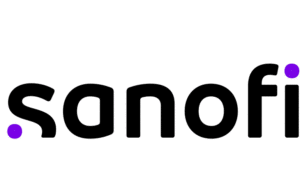 Sanofi (Nasdaq:SNY) has announced that the New England Journal of Medicine (NEJM) has published positive data from the Phase 1/2 dose-finding study testing the safety, pharmacokinetics and clinical activity of rilzabrutinib for immune thrombocytopenia.
Sanofi (Nasdaq:SNY) has announced that the New England Journal of Medicine (NEJM) has published positive data from the Phase 1/2 dose-finding study testing the safety, pharmacokinetics and clinical activity of rilzabrutinib for immune thrombocytopenia.
Immune thrombocytopenia is associated with bruising and bleeding. Fewer than 200,000 Americans are diagnosed with the condition each year.
Rilzabrutinib is an experimental oral Bruton’s tyrosine kinase (BTK) inhibitor. The drug candidate has been the focus of about 20 clinical trials to date, with indications ranging from asthma to urticaria.
The study, published in NEJM, focused on adults with heavily pre-treated immune thrombocytopenia (ITP), concluded that rilzabrutinib therapy led to a rapid and durable increase in platelet count. Rilzabrutinib also appeared to have a good safety profile.
The drug candidate may increase platelet counts in patients with immune thrombocytopenia. As the NEJM article explains, the drug has dual mechanisms of action, causing decreased macrophage (Fcγ receptor)–mediated platelet destruction and reducing the production of pathogenic autoantibodies.
Sanofi has an ongoing Phase 3 trial of twice-daily rilzabrutinib underway, known as LUNA 3, launched in April 2021.
“Currently, there are no standard treatment recommendations for ITP patients with multiple relapses. Despite advances in treatment options over the years, some patients remain refractory to existing therapies, and durable remission remains elusive,” said Dr. David Kuter, director of clinical hematology at Massachusetts General Hospital and professor of medicine at Harvard Medical School. “The Bruton’s tyrosine kinase is a critical signaling molecule in the immune system that is involved in certain immune-mediated diseases, and our research suggests that targeting BTK may represent a promising approach to addressing the underlying cause of ITP,” Kuter said in a statement. Kuter was the lead author of the study